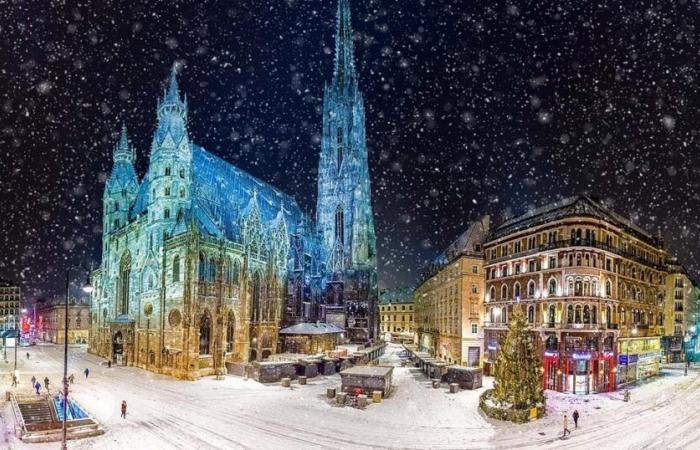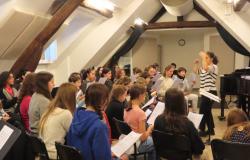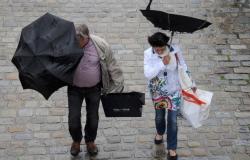The 10,000 French people registered on the consular registers in Austria were not mistaken. Indeed, Austria is attracting more and more expatriates, particularly the capital, which has many international students. According to figures from the University of Vienna, a quarter of students are not Austrian. The city is popular, and for good reason: according to The Telegraph, Vienna is “the most eccentric city in Europe”. It often appears at the top of rankings measuring quality of life. For example, this year Vienna is once again on the top step of the podium for the Global Quality of Life Index published by The Economist Intelligence Unit, and this for the third time in a row.
But why is Vienna so praised? “After many visits over forty years, I discovered that there was much more to this city than cream cakes and carriage rides,” begins British daily journalist William Cook. First, there are its palace-like buildings which date from the Austrian Empire, and which are now cultural places: the MuseumsQuartier, housed in the former imperial stables, shops and art galleries nestled behind neoclassical-style facades… This city is a gateway to Eastern Europe and a rich history.
Affordable living
According to The TelegraphVienna is also popular for its gastronomy and cafes, its relaxed lifestyle and the possibility of swimming in the Danube and surfing in the summer:
“In Vienna, life comes before work. You work to live, you don’t live to work.”
What comes up in residents' testimonies is also an affordable cost of living. “To live in the Austrian capital, you don't have to be rich, you can easily rent a nice apartment”, explains Esther Attar, who has lived in Vienna since 1983. For example, a subscription for public transport costs 365 euros per year or 33 euros per month (compared to 86.40 euros per month for the Navigo pass, in Paris), with access unlimited to trains, buses and trams in the city.






